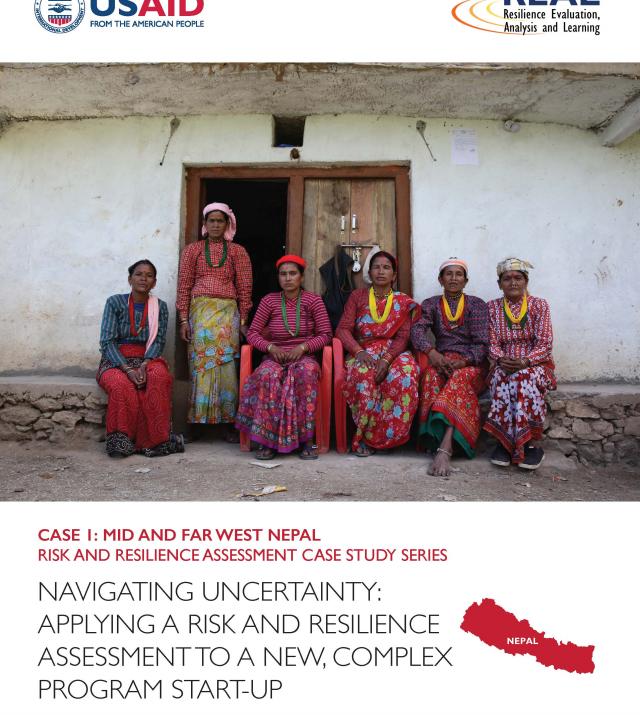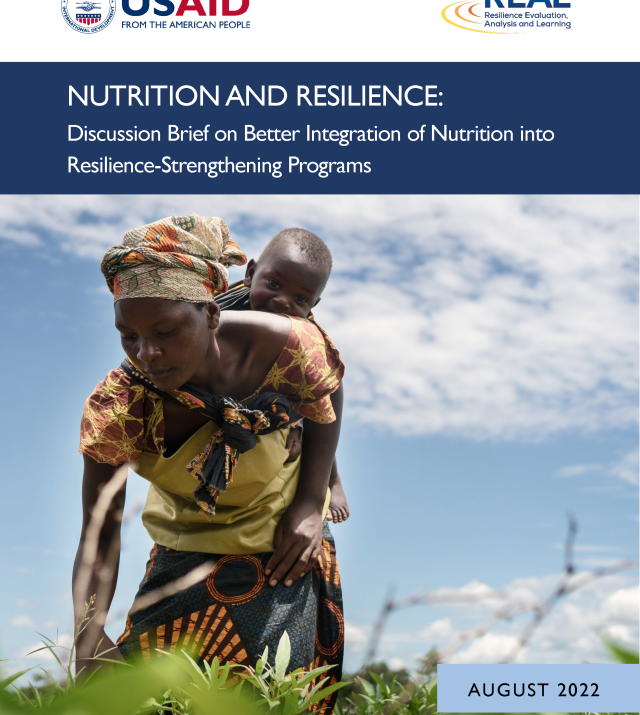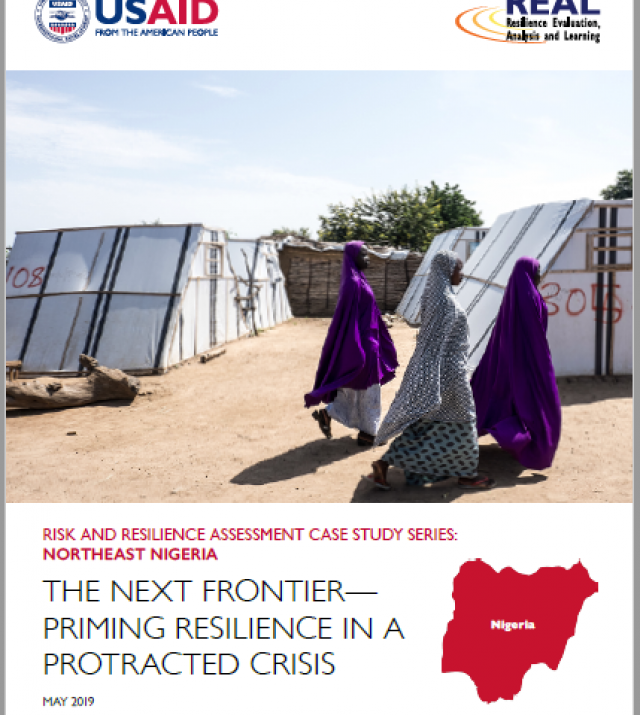
Utilizing a Positive Deviance Approach to a Resilience Context: What Four Case Studies Reveal

The goal of this paper is to examine the positive deviance (PD) approach and its application in programs aimed at strengthening household and community resilience. We begin with a brief overview of positive deviance, including a definition, its general purpose and philosophy, and methodology. In the following section, we present four case studies in which the PD approach has been applied to uncover “demonstrably successful” behaviors and strategies that would appear to contribute to household resilience.
Although the studies vary somewhat in their approach to PD analysis, they all seek to understand why some people do better than others in the same situation, with the same set of conditions and resources. For example, are some people more willing than others to participate in meetings, join community groups, or adopt new practices? What are the specific behaviors practiced by adopters that are lacking in others and can they be widely promoted? What can we learn from these and other studies that can improve the success of future development and resilience programming, especially when some degree of behavioral change is required? In the last section, we provide conclusions, potential applications, and areas for further study involving positive deviance in the context of resilience programming.

